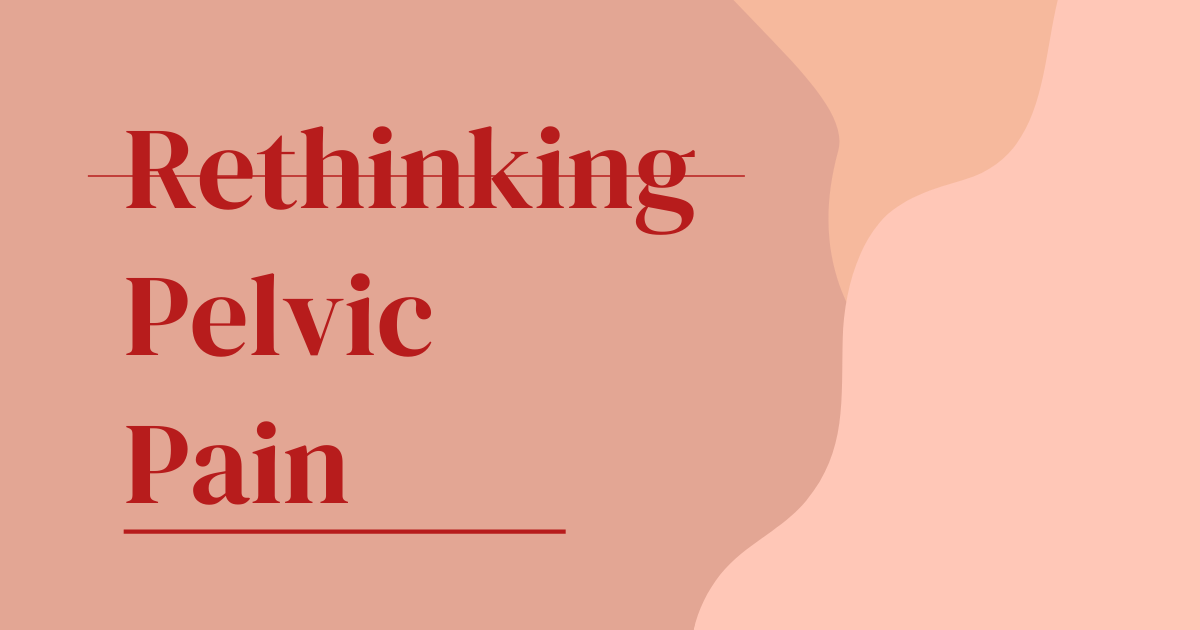Queensland schools have historically lagged behind the rest of Australia in sex education, but in 2022, one organisation is aiming to change that. Today, sex education is managed at the level of individual schools in partnership with their local communities. So, for example, the Health & Physical Education curriculum gives schools a framework to discuss healthy and respectful relationships with students — specifically around puberty, sexuality, and safe sex. But how and when this is done is left to individual school communities.
This approach has created a knowledge vacuum filled with misinformation, myths, and shame around people’s bodies. That is why non-profit organisations, such as the Pelvic Pain Foundation of Australia (PPFA), have come to the forefront of private education.
 Kate Tomsett is a 24-year-old clinical educator who works with PPFA to deliver “PPEP Talks” (Period, Pain, and Endometriosis Program). After a year of working with the program, Kate has a few ideas to improve sexual health education in Queensland.
Kate Tomsett is a 24-year-old clinical educator who works with PPFA to deliver “PPEP Talks” (Period, Pain, and Endometriosis Program). After a year of working with the program, Kate has a few ideas to improve sexual health education in Queensland.
Kate hopes to lift the stigma around pelvic pain and “women’s issues.”
‘1 in 12 people without a uterus will experience pelvic pain,’ Kate implores.
‘We all have a pelvis, we all have pelvic floor muscles, we can all experience pain.’
‘Pelvic pain is the most common urological diagnosis in people without a uterus under the age of 50.’
‘People without a uterus can experience this pain due to tight pelvic floor muscles, an inflamed prostate, pudendal neuralgia (activation of the nerve that innervates the skin between the legs) – it is important that this pain is acknowledged, and the social taboo around this is removed.’
‘PPFA work around the priorities for the National Action Plan for Endometriosis (NAPE) which are awareness and education; clinical management and care; and research,’ Kate told me.
‘We aim to reduce time to diagnosis of endometriosis, increase school attendance, and engagement and educate people on how to recognise when their pain is not normal, where to seek help, and how to manage their pain.’
Kate says her PPEP Talk is a one-hour presentation that can be delivered to students in Year 9 and above – including students with or without a uterus. In addition, they run sessions for the community, First Nations peoples, and athletes. A session aims to elucidate what is normal and what is not so normal when it comes to period pain and how one can manage pain to engage fully with the life they want to lead.
‘To do this, we talk through different types of pain, anatomy, and the neuroscience of pain,’ Kate says.
‘People learn how to identify pain and where to seek help for endometriosis symptoms.’
‘A session is interactive, and we give students tools they can immediately use to manage their pain or to support others in their lives with period or pelvic pain.’
While Kate thinks everyone should be taught this information, she also thinks it’s a difficult task to add to existing teachers’ loads.
‘Schools have a lot to fit into their curriculum, and we can take something off their plate but also have curriculum-linked information delivered by health professionals,’ Kate said. An important distinction, as Kate sees it as crucial to changing how we talk about pelvic pain.
‘We need to talk about it,’ she said.
‘We need to be comfortable not only talking about it but devoutly listening to and validating what people are feeling.
‘For too long, people with pelvic pain have been told that it is “in their head” or that they “should suck it up, it’s just period pain”… people often feel helpless talking about pain because they can’t whip out a tool kit and fix it.
‘Providing a safe space for someone to feel heard can be enough.
‘The language we use around pain can be damaging … we think of pain as debilitating, crippling or sensitive when really, pain is an incredibly powerful tool for the body – pain is intelligent, adaptive, and neuroplastic.’
PPFA do surveys before and after every session, and student responses include comments like;
Best education we have ever received on periods. It was engaging and informative, and the speaker made us feel so comfortable – a student with a uterus.
I’m so excited to be able to help others around me regarding this subject – a student without a uterus.
So far in Queensland, 100% of schools Kate and her colleagues have visited want to participate in the program next year. One teacher commented that watching students gain confidence in discussing their period was a profoundly positive experience.
It remains to be seen whether educators like Kate can overturn deeply entrenched social stigmas, but in the meantime, here are some things you should know about pelvic pain.
The Queensland Government recently granted $13.3 million to the charity, Share the Dignity, to provide schools with vending machines to dispense period products. While this is welcomed by the PPFA, the organisation has yet to be granted $190,000, which it says will provide more than basic education.
‘Pelvic pain wasn’t acknowledged [in the government’s announcement], which demonstrates how important it is to have PPEP talks with Share the Dignity,’ Kate said.
‘We need to understand period pain, what’s normal and how to manage that, and the PPFA is asking for a tiny sum compared to what has been granted.’
Kate will be hosting a free PPEP talk at QUT Kelvin Grove on Wednesday, July 27th, from 2 pm – 4 pm in room 519 in N Block. For more information or to register your interest, find the event page here.







